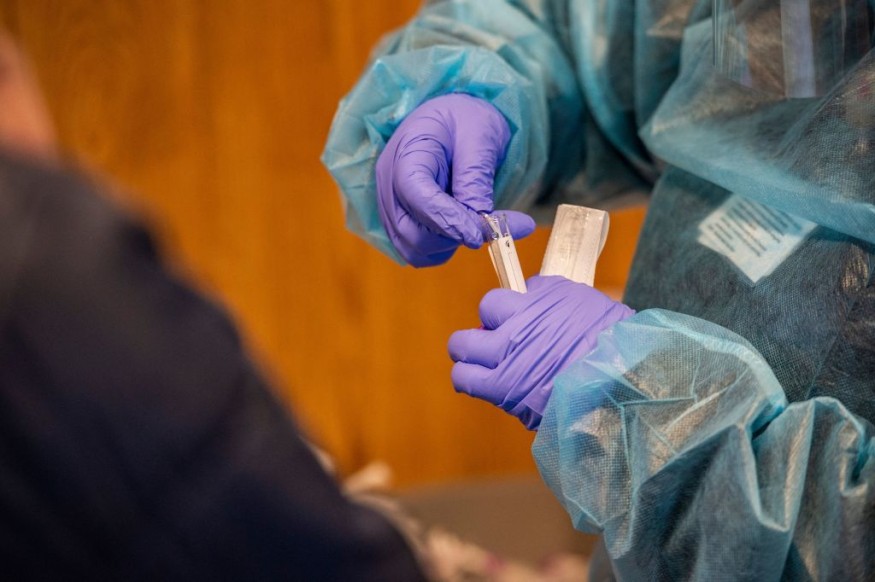Inhaled COVID-19 vaccines have been approved by China and India for the first time, more than two years after the novel corona virus disease reached a global outbreak in early 2020.
Since then, needle injections have been the preferred medium to allow the body's immune system to fight off the severe acute respiratory syndrome coronavirus 2 (SARS-COV-2), a coronavirus strain that causes COVID-19.
The latest developments come after Indian regulators authorized the nasal version of Bharat Biotech company on Tuesday, September 6, for people who have not yet been vaccinated. Meanwhile, Chinese regulators authorized approved CanSino Biologic's inhaled version COVID-19 vaccine, to be used as a booster dose.
Nasal COVID Vaccines

Scientists are hoping that the immunizations through the nose or mouth will prevent even mild cases of COVID-19 illnesses, according Nature. The online research publication highlights that the mucosal vaccines target thin "mucus membranes" found along the linings of the nose, mouth, and lungs.
The reported rationale behind the aerosol COVID-19 vaccines is to target the virus as soon as they enter the body, which is through the nasal and oral passageways.
Also Read: Record Breaking: Cancer Survivor Carries COVID-19 for 335 Days - the Longest Duration Known
Why Nasal Vaccines?
The advantage of nasal COVID-19 vaccines is it can get rid of the SARS-CoV-2 virus before it has the chance to establish itself in the lungs, where it will replicate, according to immunologist Dr. Vineeta Bal, a professor with the Indian Institute of Science Education Research in India, as cited by CBS News.
Meanwhile, the advantages of oral COVID vaccines sprayed to the mouth will depend on individual droplet size in the spray, Dr. Bal adds. Specifically, the droplet amount would be responsible training defenses in the mouth and parts of the throat. Moreover, small droplets are expected to dive deeper into the lungs.
In India, vaccination rates have dropped in recent months as the number of confirm cases became stagnant. Approximately 940 million, or 67% population of the South Asian nation, have received the first two shots but only 15% of them were administered with a third booster shot, the US media outlet reports.
COVID-19 Pandemic
In March 2020, the World Health Organization (WHO) declared COVID-19 as a pandemic, due to its unprecedented infection to multiple countries worldwide at that time. The following months will see the strictest local and international health restrictions when it comes to travel, business operations, and outdoor activities.
Since COVID-19 vaccines were developed by late 2020, cases of fatal cases have significantly decreased. In particular, the decreased deaths were a result of the vaccine's role in protecting an infected person from the life-threatening respiratory symptoms and other health complications from the disease during pre-vaccine days.
Regardless of the onset of nasal vaccines, the WHO still retains its health advisory regarding the most common COVID-19 symptoms such as: fever, cough, tiredness, and loss of taste or smell. Other less common symptoms include sore throat, headache, aches and pains, diarrhea, skin rash, skin discoloration, and irritated eyes.
© 2026 NatureWorldNews.com All rights reserved. Do not reproduce without permission.





